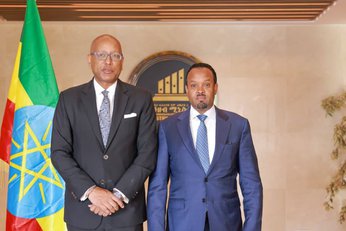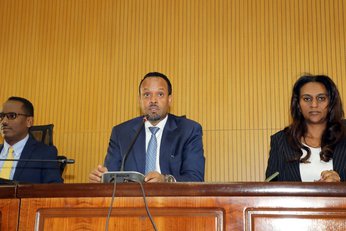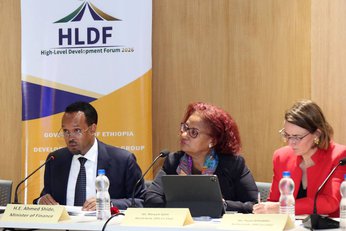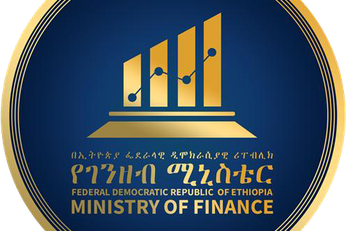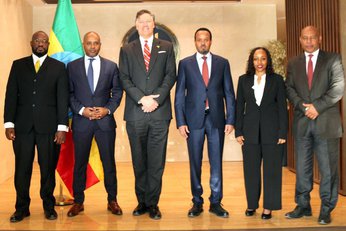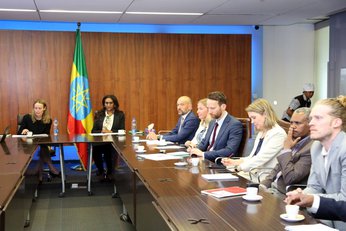Ethiopia Human Capital Forum Closes: Government Renews Commitment to People-Centered Reforms as Foundation for Prosperity
Published: Oct. 3, 2025
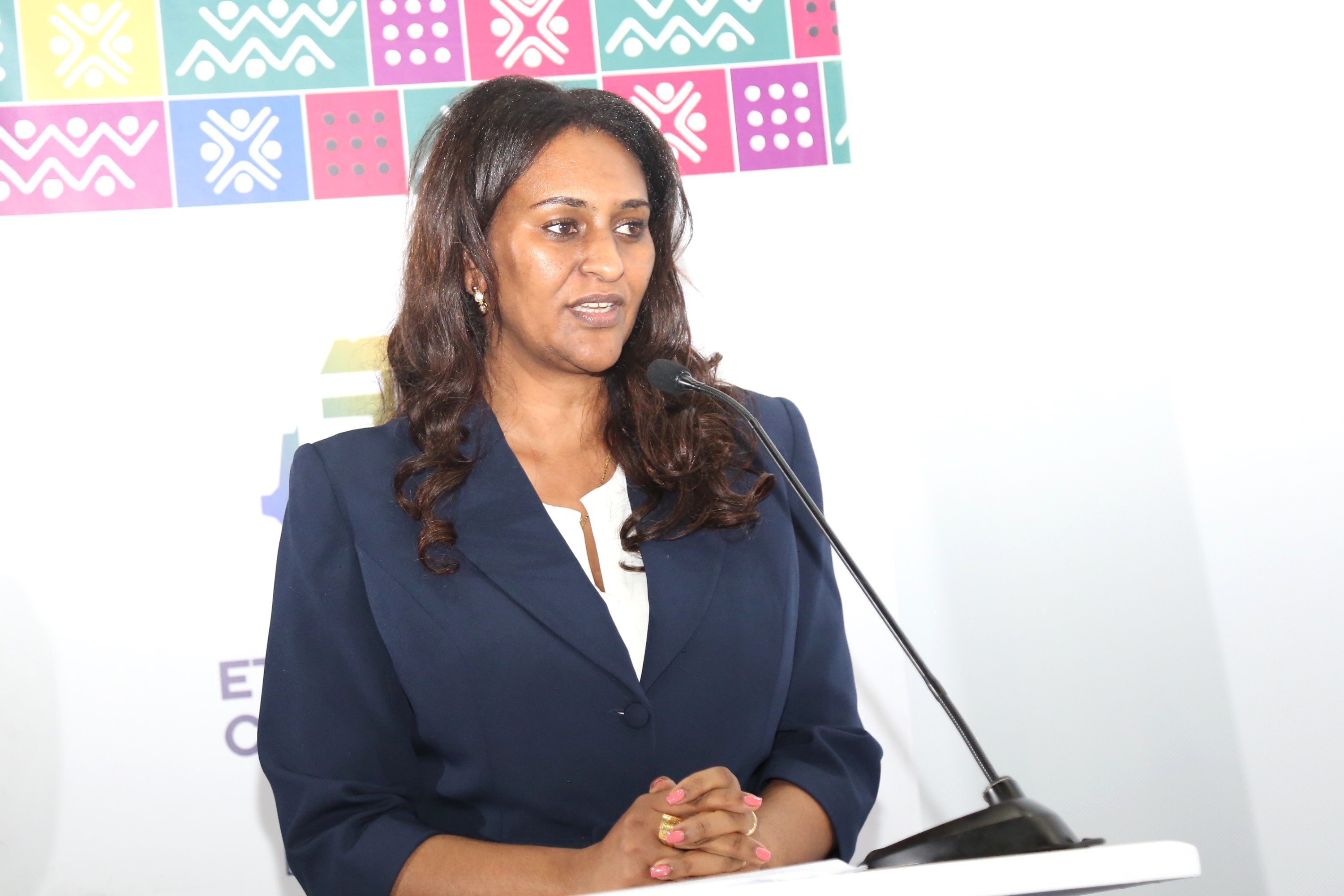
ADDIS ABABA, ETHIOPIA – October 3, 2025 – The Ethiopia Human Capital Forum 2025, co-convened by the Ministry of Finance and the World Bank Group, concluded its two-day session today, affirming that investment in people is the cornerstone of the nation’s future development.
The closing session, held at the Adwa Memorial Museum, featured high-level dignitaries, including H.E. Semereta Sewasew, State Minister of Finance, and Norbert Schady, Chief Economist for Human Development at the World Bank. The discussions over the two days reinforced that Ethiopia’s future depends on transforming its large, young population into a skilled, innovative, and productive workforce.
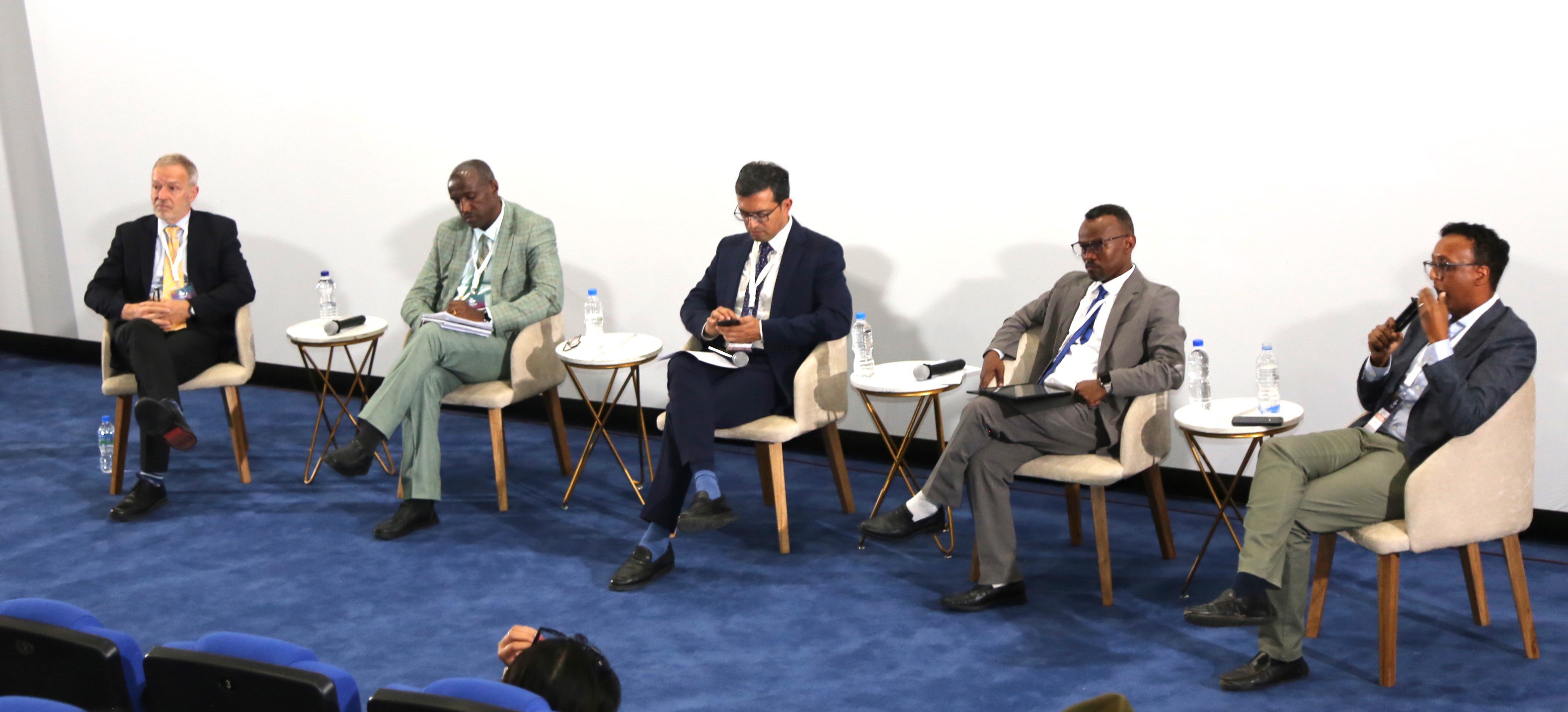
In her closing remarks, H.E. Semereta Sewasew, State Minister of Finance, emphasized the strategic importance of sustained investment in people for long-term economic progress, resilience, and competitiveness. "Human capital is not simply a sectoral agenda—it is the very foundation upon which Ethiopia’s future rests," stated State Minister Sewasew.

She further stressed that the government is undertaking “bold and comprehensive reforms designed to drive inclusive and sustainable development,” which will immensely benefit human capital development.
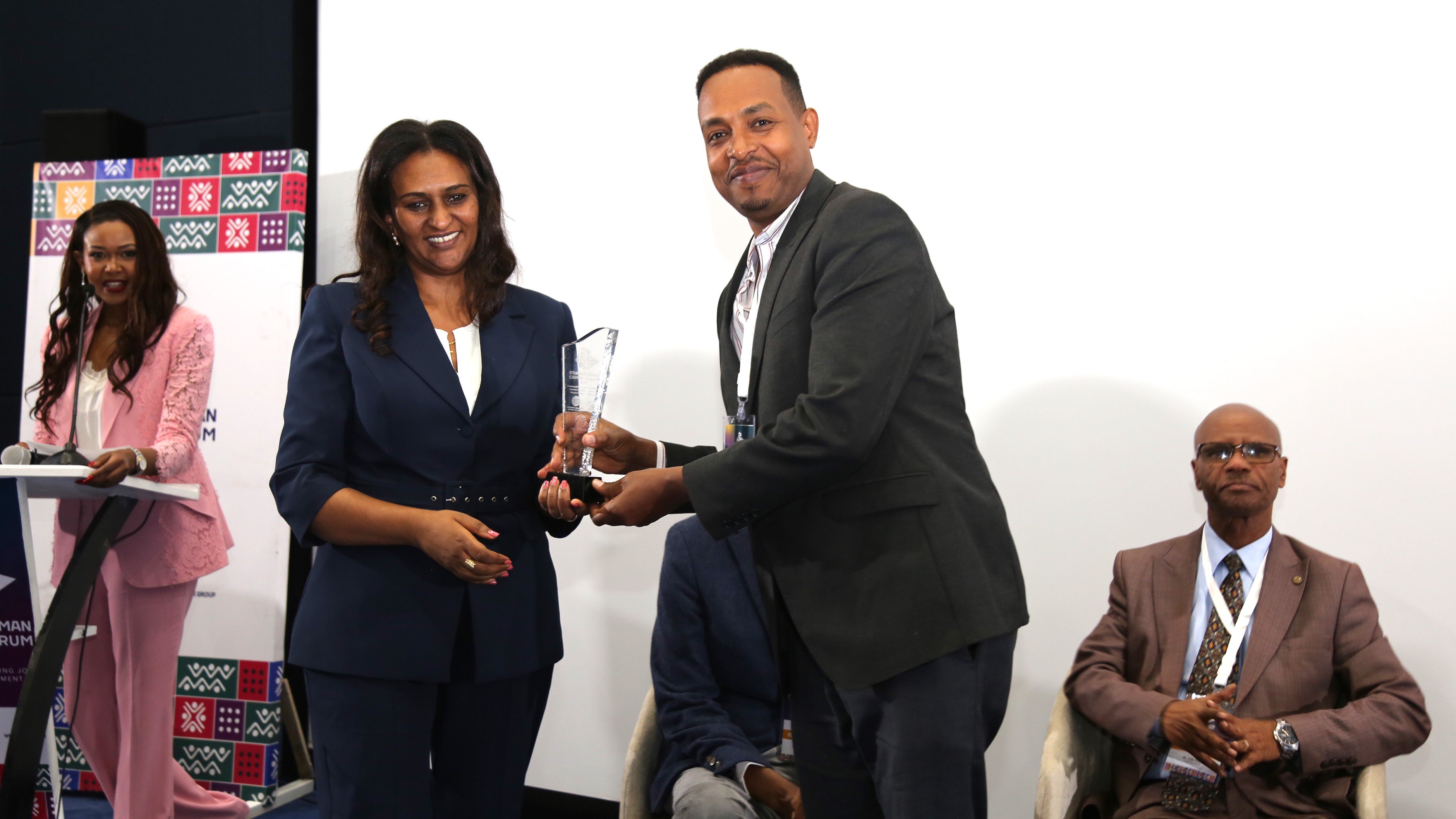
The State Minister also highlighted measurable progress made over the last two years, demonstrating the government's unwavering prioritization, while safety net coverage has grown, supported by 60 billion Birr dedicated from domestic resources to rural and urban programs, community-Based Health Insurance now shields 73 percent of the eligible population from catastrophic health expenditures.
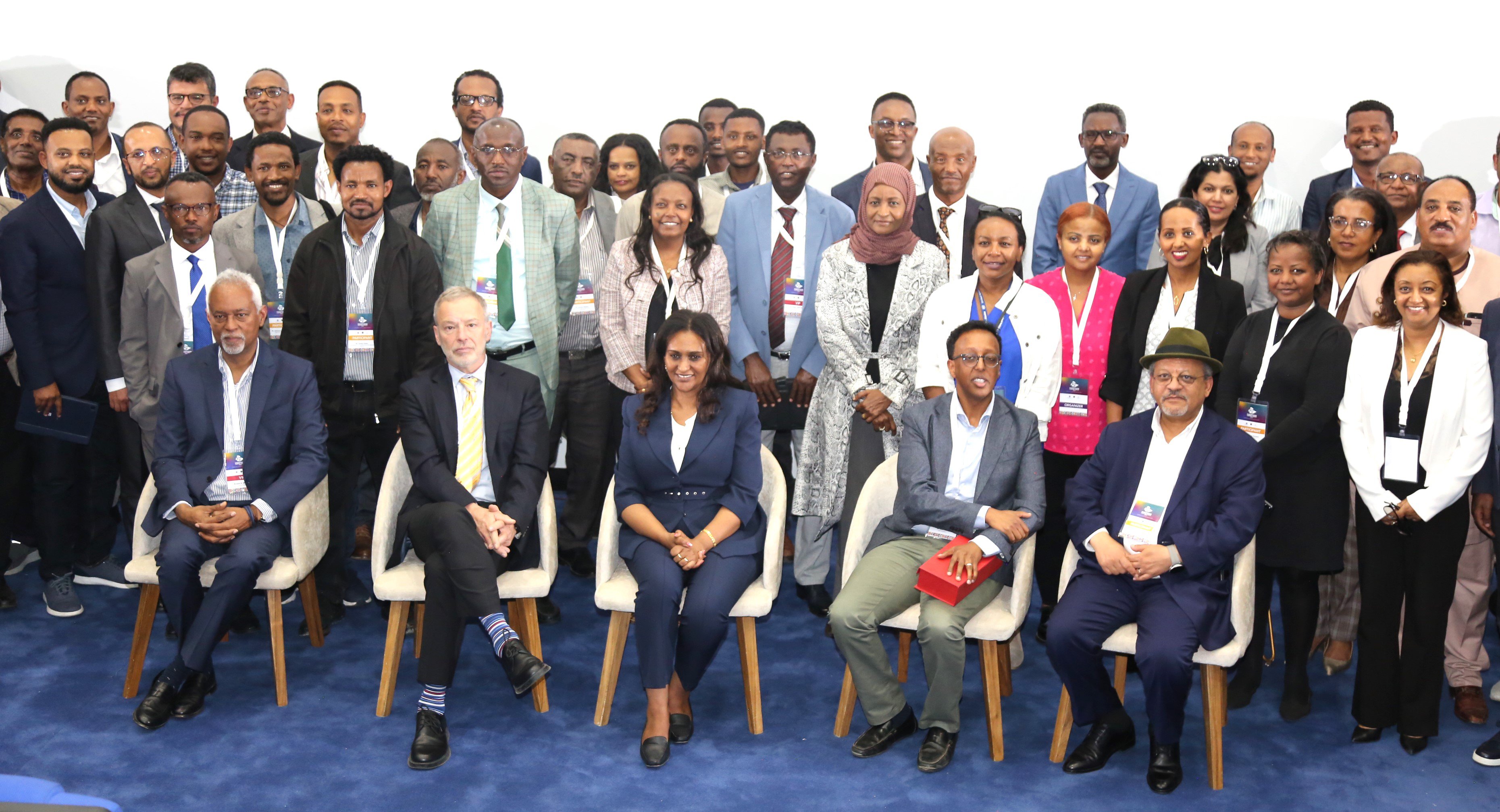
In his closing remarks, Ernest E. Massiah, Practice Manager for Health, Nutrition, and Population at the World Bank, emphasized that Ethiopia has made significant progress in strengthening human capital across three key areas: homes, workplaces, and communities. To maintain this momentum, he identified the next phase, it must focus on addressing persistent gaps—reducing stunting, safeguarding budget allocations for health, education, and social protection, and tackling the rising number of out-of-school children. Achieving transformative human capital outcomes at scale is a long-term commitment that requires strategic reprioritization, enhanced delivery capacity, investment in data and evidence, and institutional reforms to ensure sustained and equitable progress.
The closing session culminated in a strong call for sustained effort and partnership among government leaders, international partners (including the World Bank, UK, and The Gates Foundation), the private sector, and civil society.

Achieving transformative human capital outcomes at scale requires clear strategic reprioritization, stronger delivery capacity, investment in data and evidence, and institutional reforms.
State Minister Sewasew urged attendees to “turn this dialogue into decisive action, commitments into measurable outcomes, and partnerships into transformative pathways”. She concluded that the collective responsibility is to ensure that human capital development is a tangible reality for every Ethiopian.

The World Bank and the Government of Ethiopia expressed gratitude for the active participation and valuable contributions that defined the success of the two-day event.

